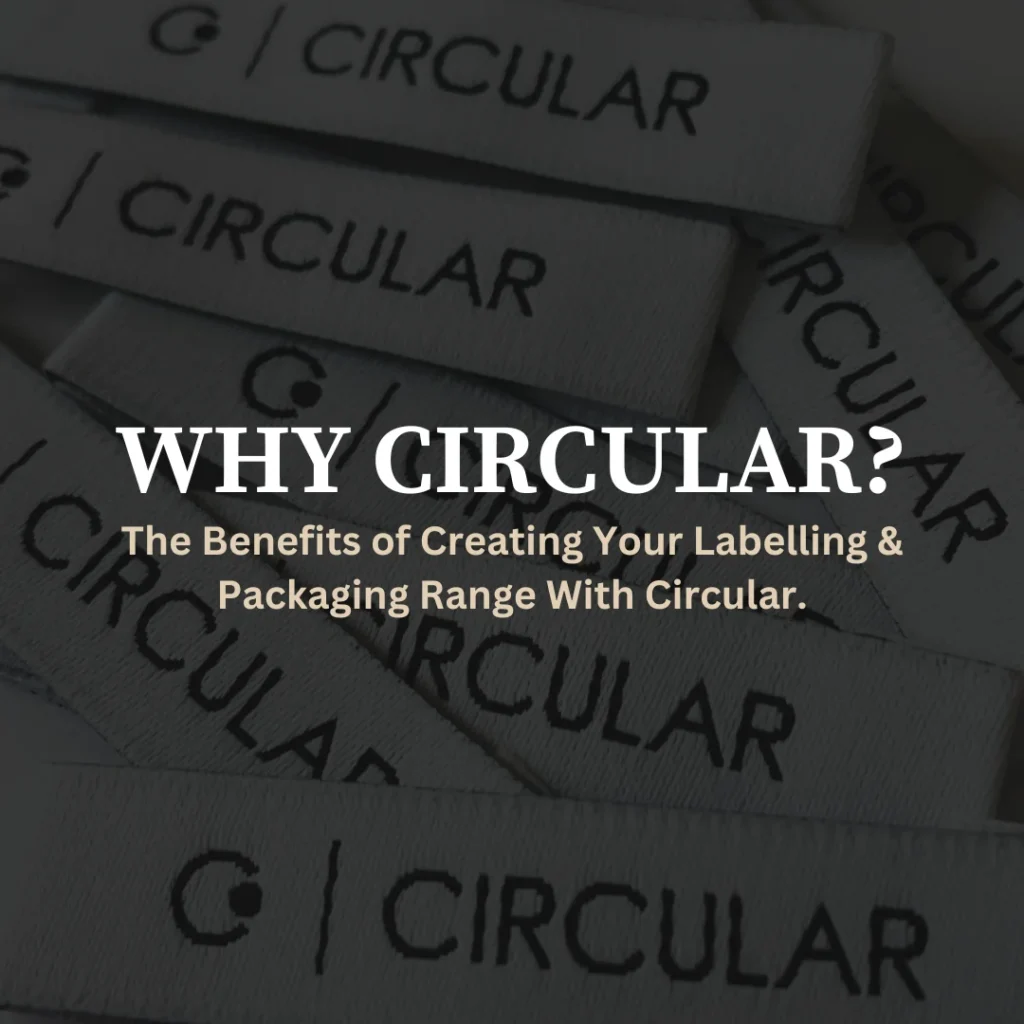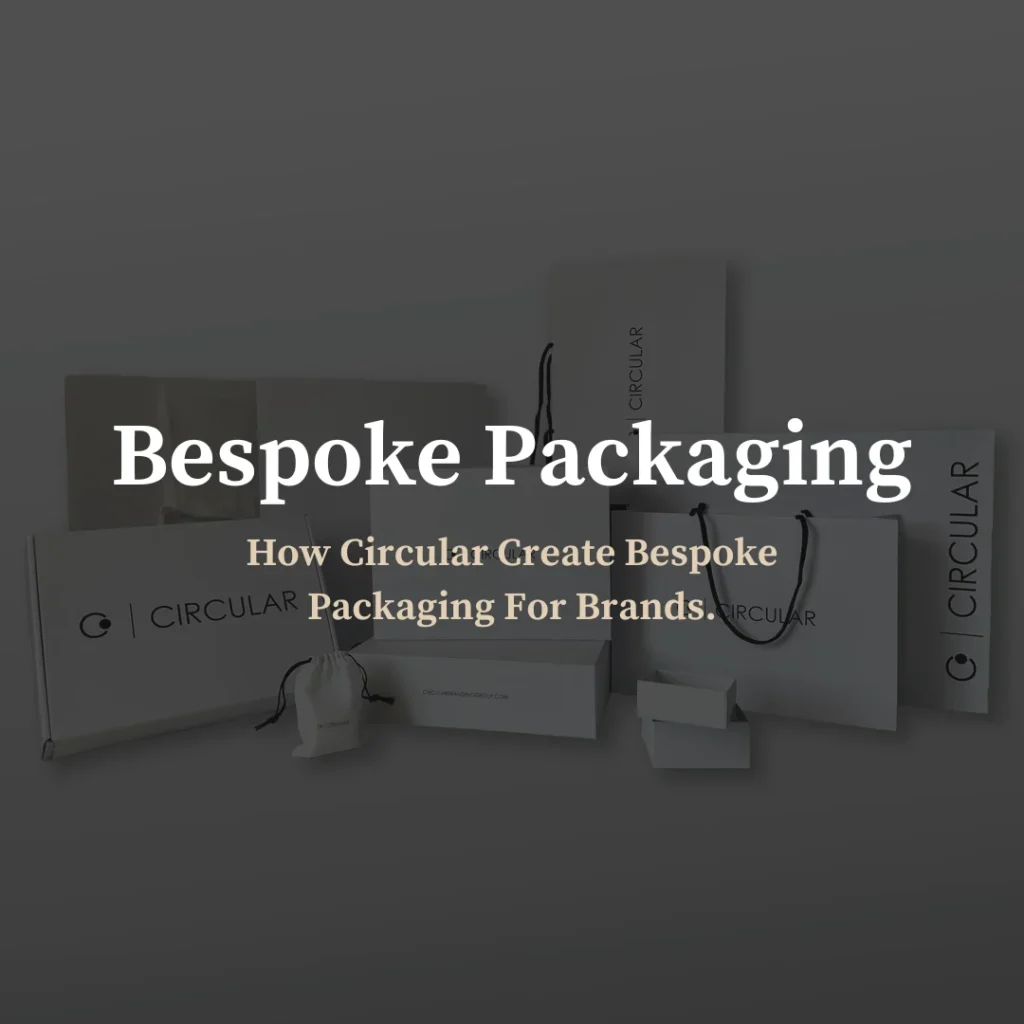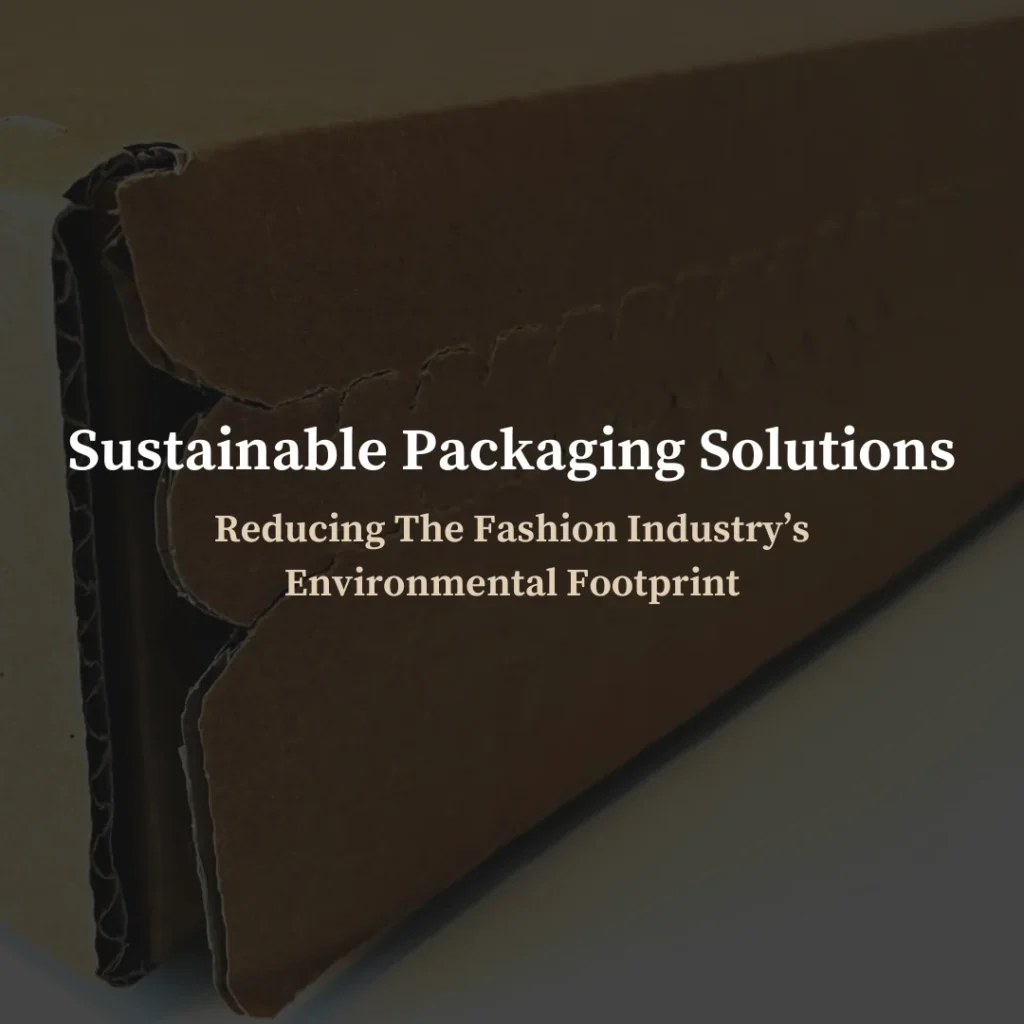Ethics & Transparency in Fashion Supply Chains
13/09/2024

In today’s rapidly evolving world, consumers are becoming increasingly conscious of the impact their choices have on the environment, society, and human rights. One industry that has faced significant scrutiny is the fashion industry. With its complex supply chains and opaque practices, the fashion industry has often been associated with unethical labour practices, environmental degradation, and misleading marketing. However, both consumers and fashion brands are starting to recognise the importance of ethics and transparency in supply chains. In this article, we delve into why these aspects are crucial for the industry’s sustainable future.
Ethics and Accountability
Ethics should be the backbone of any fashion brand’s operations. From the sourcing of raw materials to the manufacturing process, ethical considerations must be integrated into every step. Transparent and accountable supply chains ensure that workers are treated fairly, are paid living wages, and are not subjected to exploitative labour conditions. By establishing a code of conduct and working closely with suppliers, fashion brands can foster an environment of respect, equality, and social responsibility.

Transparency and Consumer Trust
Transparency is key to building trust between fashion brands and consumers. In recent years, consumers have become more aware and demanding when it comes to understanding the origins and manufacturing processes of the products they purchase. They want to know where their products were made, where the materials came from and who made them. This extends beyond just the garment itself, to all labelling, trims and packaging used as well. This is only achieved by having full visibility of your own supply chain. By providing clear and comprehensive information about the supply chain, fashion brands can meet consumer expectations and build long-term relationships based on trust.

Supply Chain Traceability
Traceability is a powerful tool that enables fashion brands to identify potential issues within their supply chains and take necessary corrective measures. Audits, certification and technology can all be used to track raw materials, monitor production conditions and ensure compliance with ethical standards. By addressing these areas, brands can address any violations promptly and demonstrate a commitment to accountability throughout their supply chains.
Creating a Positive Impact

The incorporation of ethics and transparency in supply chains goes beyond avoiding negative consequences; it also offers opportunities to create positive change. By sourcing sustainable materials, implementing fair trade practices, and supporting local communities, fashion brands can contribute to a more equitable and environmentally conscious industry. Moreover, by championing ethical practices, brands can inspire other players in the fashion industry to follow suit, leading to systemic change.
In a world where consumers are increasingly mindful of the social and environmental impacts of their choices, fashion brands must prioritise ethics and transparency in their labelling and packaging supply chains. By adopting responsible practices, providing accurate information, and demonstrating a commitment to sustainability, brands can build trust, attract discerning consumers, and drive positive change throughout the industry.
The importance for brands not to lose visibility
While some fashion brands may opt to delegate the responsibility of sourcing labelling and packaging to their garment factories, this approach can have its drawbacks. Allowing factories to self-source can lead to a loss of visibility and control over the entire supply chain, which can have negative implications for ethics and transparency. By relying on garment factories to handle labelling and packaging, brands relinquish direct control over the sourcing process. This lack of oversight may result in the use of materials and processes that do not meet the brand’s ethical standards. Without proper monitoring, factories might resort to cheaper options, compromising on sustainability or fair trade certifications. This undermines the brand’s commitment to transparency and ethics, potentially damaging its reputation. Brands often lose visibility into the origins and production processes of these materials. They may not have access to information about the sourcing of raw materials, working conditions, or environmental impact. This lack of visibility makes it difficult to assess and address any ethical or sustainability issues that may arise, preventing the brand from taking appropriate corrective actions.
How Circular can help your brand embrace ethics and transparency in your labelling and packaging supply chain
The journey towards a truly ethical and transparent fashion industry is challenging, but it is an essential step towards a more sustainable and equitable future. At Circular, we’re here to help. Our fully audited supply chain for labels, trims and packaging takes care of this area for your brand, allowing you to focus on your core products, the garment itself. Our clients are supported by Circular’s fully audited supply chain boasting a wide range of certification which offers full transparency into the ethics and sustainability of the materials and production facilities used in the making of their products. Our products can then be delivered to a destination of your choice, whether this be your garment factories, your head office, distribution centre or anywhere else.
Find out more at www.circularbrandinggroup.com or email [email protected] for more information.
More News
 18/09/2024
18/09/2024Why Circular? The benefits of creating your labelling & packaging range with Circular.
 27/09/2024
27/09/2024Creating Labels & Packaging With Circular – Our Simple 4-Step Process
 10/09/2024
10/09/2024How Circular Create Bespoke Packaging for Brands
 06/09/2024
06/09/2024Sustainable Packaging Solutions: Reducing The Fashion Industry’s Environmental Footprint
